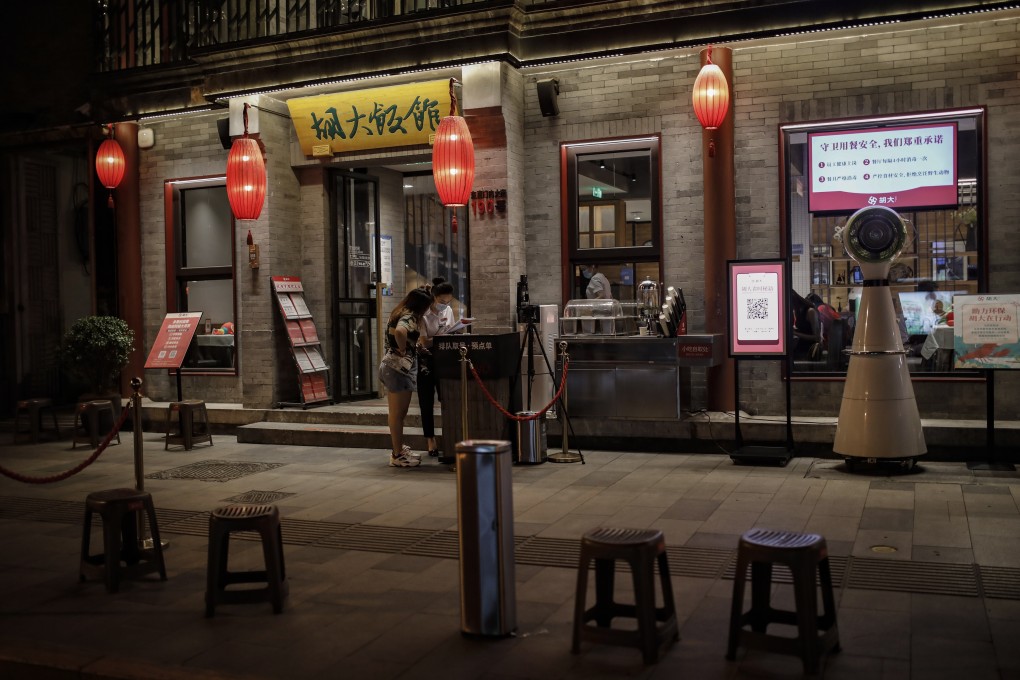Coronavirus: China’s food industry grapples with fresh disruption on fears of new Beijing outbreak
- China’s food service industry is facing fresh uncertainty after authorities stepped up scrutiny of imports in response to a new virus outbreak in Beijing
- A growing list of companies have either voluntarily halted exports to China or had products banned due to virus infections at meat processing plants around the world

After months of devastating lockdowns, Shenzhen-based restaurant chain Oyoyster had high hopes of a rush of sales for Father’s Day on Sunday.
But instead, what they got was turnover that failed to reach even the level of an ordinary weekend.
The cluster of infections prompted authorities in the capital to lock down parts of the city again and sparked nationwide suspicion about the safety of fresh food from overseas.
“The impact on our business was very direct,” said Athena Lin, marketing director at Oyoyster.
Suppliers have cut shipments due to declining demand, affecting the supply to stores
The company, which runs five restaurants in Shenzhen, is now grappling with weak consumer confidence and logistical delays that threaten to undermine a fragile recovery from lockdowns imposed to contain the virus at the beginning of the year.